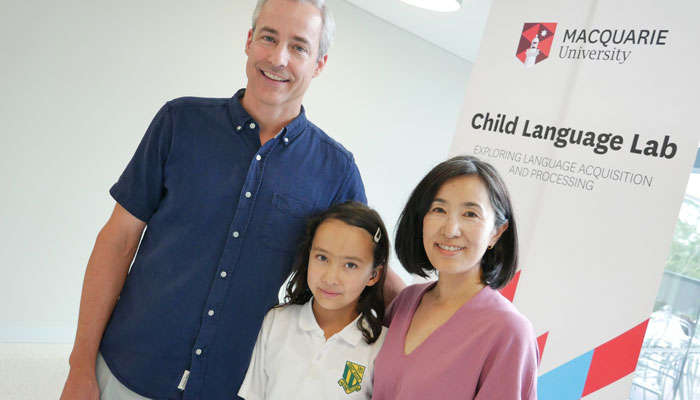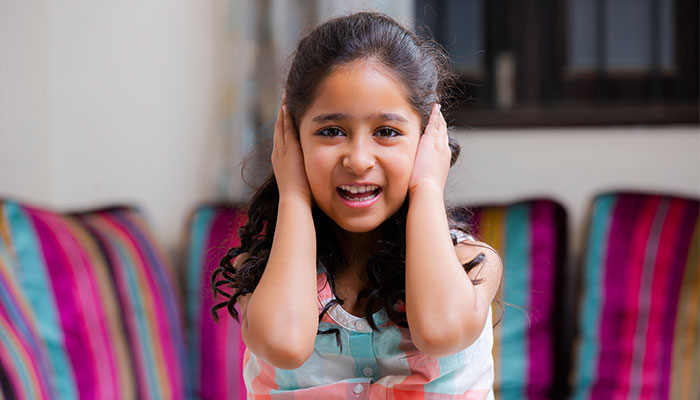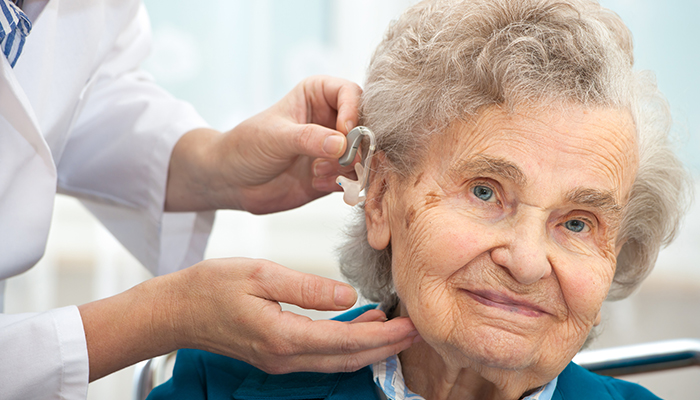Researchers from Macquarie University have issued an urgent call for hearing to be reclassified as a critical public health problem in the wake of a study that reveals one in 10 children from lower socioeconomic backgrounds could be suffering from undiagnosed hearing loss.
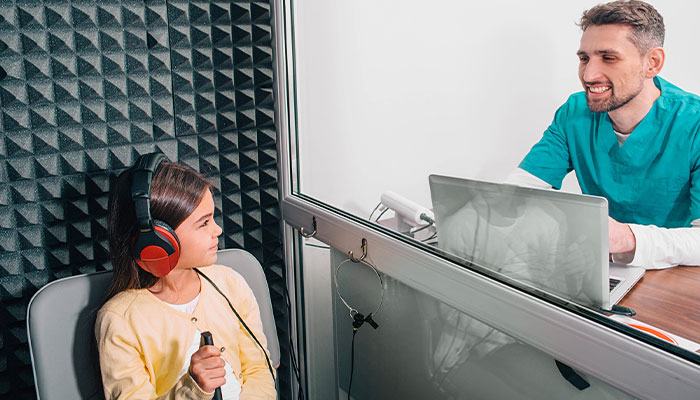
Screening gaps: Hearing health in Australia and globally is 20 years behind vision simply because it hasn’t been declared a public health issue, the researchers say.
Professor Catherine McMahon and Professor Bamini Gopinath made the call in an editorial in a special hearing edition of the Sax Institute journal, Public Health Research & Practice.
McMahon said hearing loss and deafness were positioned in an odd limbo between disability and a social inconvenience, but were not well-integrated into health, not only in Australia but worldwide.
“Obesity used to be considered a lifestyle choice, but now it’s considered a major public health problem, which has resulted in collective action, innovation and transformation,” she said.
Newborns have a hearing check, but then that’s it. Hearing is not embedded in regular health checks.
“Hearing health in Australia and globally is 20 years behind vision simply because it hasn’t been declared a public health issue.
“We tend to put too much emphasis on technology like hearing aids, which are obviously necessary and life‑changing, but must be incorporated into rehabilitation plans and programs and cannot be a substitute for early intervention and prevention.”
Gopinath said the key to tackling the multiple challenges associated with hearing loss was in the collection of robust, contemporary data on the broad health and social impacts of hearing loss.
“Data is the vital missing piece in the puzzle, but without conducting large longitudinal clinical and population-based studies we can’t get that data,” she said.
“Newborns have a hearing check, but then that’s it. Hearing is not embedded in regular health checks, and there is no further screening during childhood or adulthood.
“It’s not just a matter of funding – without data on the extent of hearing loss in Australia, we don’t know where to put that funding and we can’t put in place a strategic, person-centred approach to hearing health.”
Indigenous, migrant children hit hard
One of the papers in the special edition of Public Health Research & Practice found one in 10 children in lower socioeconomic groups had hearing loss, and nearly a third more had some sort of middle-ear dysfunction.
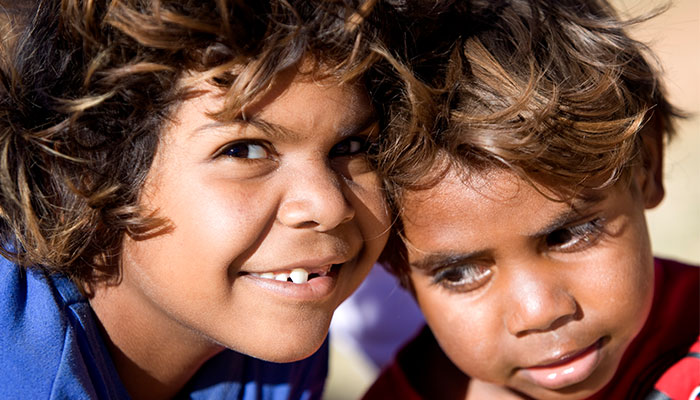
Indigenous alert: As well as screening children in lower socioeconomic groups, effective supports and interventions should be co-designed with their communities, says Professor McMahon.
“In earlier studies, we’ve found that up to nine out of 10 children in regional Aboriginal communities, and four out of five children in urban Aboriginal communities, have some degree of middle ear disease,” the study’s author McMahon said.
“Children from migrant backgrounds also had a higher incidence of hearing loss and middle ear disease, but the key factor at play here is socioeconomic circumstances.
“Middle-ear disease can result in permanent hearing loss that affects people throughout their whole lives, making it harder to access education and harder to get jobs in adulthood.
We urgently need to ensure that children from these lower socioeconomic backgrounds are having regular hearing checks.
“We need to be screening children in these lower socioeconomic groups, but also working with their communities to co-design effective supports and interventions that everyone feels comfortable with.
“On top of shifting that thinking around recognising hearing as a public health problem, we urgently need to ensure that children from these lower socioeconomic backgrounds are having regular hearing checks and have access to the treatment they need.
“But we can’t just say, ‘This is how we’ll fix it’. We need to work with communities to co-design appropriate ways of providing care and support while also, for example, ensuring cultural safety for Aboriginal and Torres Strait Islander families.”
- How Macquarie researchers changed the world in 2021
- 'Conscious' Christmas shoppers put ethics first this year
McMahon is already engaged in a project working with Aboriginal communities from urban, regional and remote areas of NSW that aims to do this.
One aspect of the program, which is funded by a Medical Research Foundation grant, includes providing scholarships to train Aboriginal health workers from the participating communities in audiometry.
The special edition of Public Health Research & Practice was jointly funded by Macquarie University Hearing and community hearing not-for-profit SoundFair.
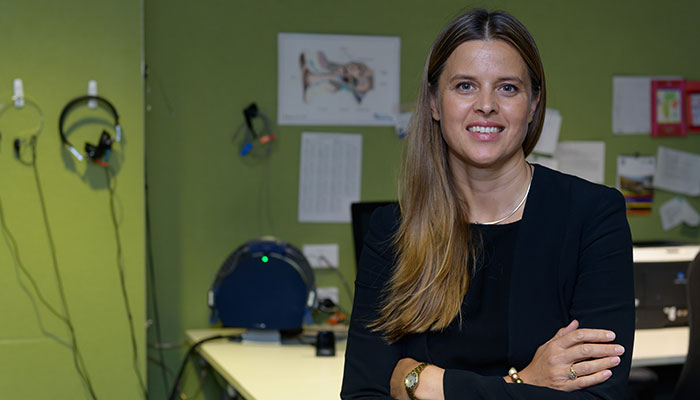
Professor Catherine McMahon (pictured) is the Head of the Department of Linguistics and the Director of the HEAR Centre at Macquarie University.
Professor Bamini Gopinath is the Inaugural Cochlear Chair in Hearing and Health at Macquarie University.

